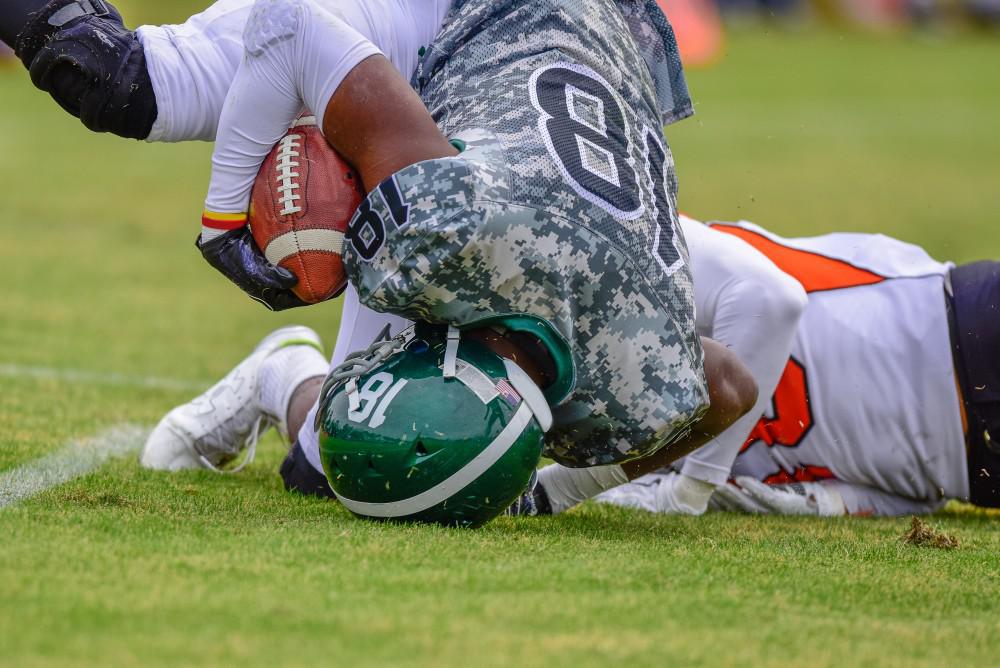When it comes to our children, nothing is more important than their health and happiness. Imagine having access to top-tier pediatric care right […]
Read More
According to the US Centers for Disease Control and Prevention, an estimated 812,000 children aged 17 or younger were treated in emergency medicine departments for concussions or traumatic brain injuries in 2014. If your child or teen participates in sports – especially in football, soccer, or ice hockey – it's essential to learn the signs of a concussion, so you know what to look for. If your teen got injured at practice or a game, they might try to downplay it like it's no big deal, but it could be.
At Internal Medicine & Pediatric Clinic in New Albany, Mississippi, our highly skilled team of doctors, nurse practitioners, and physician assistants treat patients of all ages, including adults, with sports concussions. Here's everything you need to know so you can get your athlete the care they need.
A concussion occurs when the brain experiences some force that causes it to move back and forth quickly inside the skull. For example, maybe your teen got tackled hard during a football game or hit in the head unexpectedly during a soccer game. Concussions can happen even if they're wearing a helmet because it's the force that causes the brain to move inside the skull. Wearing a helmet is still crucial because it's the first line of defense.
Sometimes it's obvious if someone has a brain injury. They may fall to the ground, become disoriented, or have trouble speaking. Other times, it may be hard to notice. To make it trickier, some people won't experience any symptoms until a few days later.
Some concussion symptoms:
If you notice any of these symptoms, or if they aren't acting like themselves after a recent game or practice, it's a good idea to bring them in for an evaluation.
Most of the time, a concussion won't appear on a computed tomography (CT) or magnetic resonance imaging scan (MRI). So, we begin with the basics. We ask questions and assess the patient's balance, coordination, reflexes, vision, and hearing. If they do have a concussion, we recommend resting for 7-10 days with minimal exposure to computers, TV, and video games. In this situation, mental rest is as important as physical rest. We'd also like to see them for a follow-up visit, so we can clear them for participation in sports.
If you think your child needs immediate medical attention, call 9-1-1, or get them to the nearest hospital right away. Otherwise, contact us for an appointment as soon as you notice something is wrong. For concussions, we recommend you call us at (662) 430-3375 instead of using the online booking tool, so we can get your loved one in right away.
When it comes to our children, nothing is more important than their health and happiness. Imagine having access to top-tier pediatric care right […]
Read More